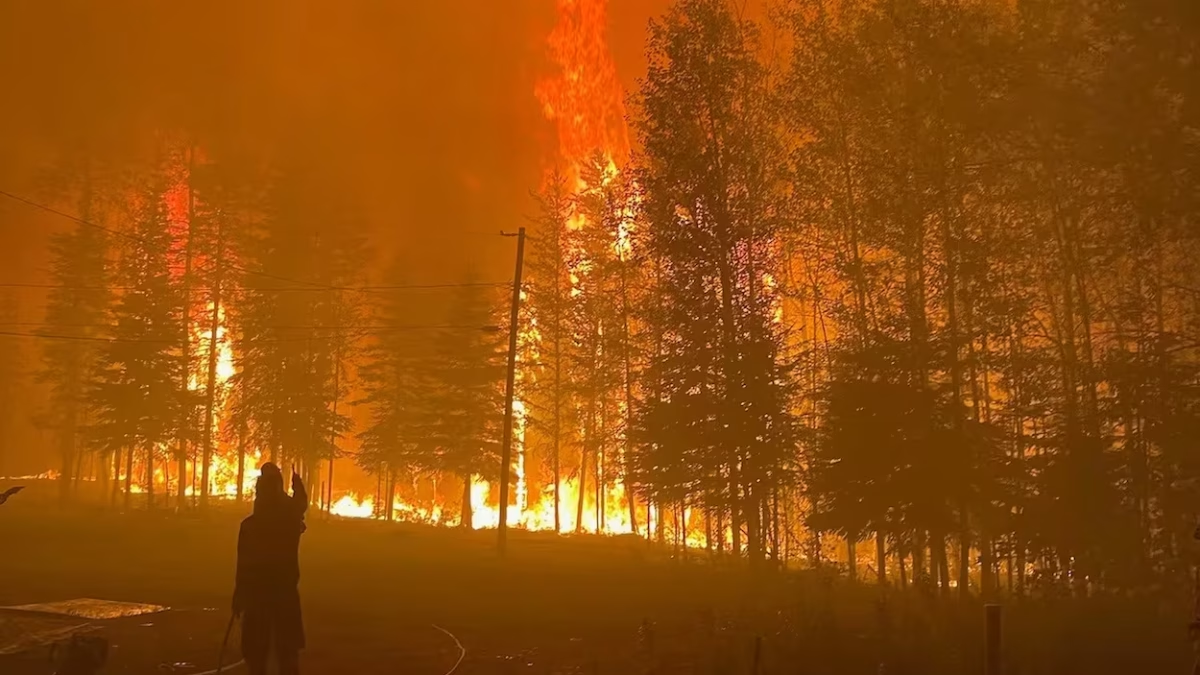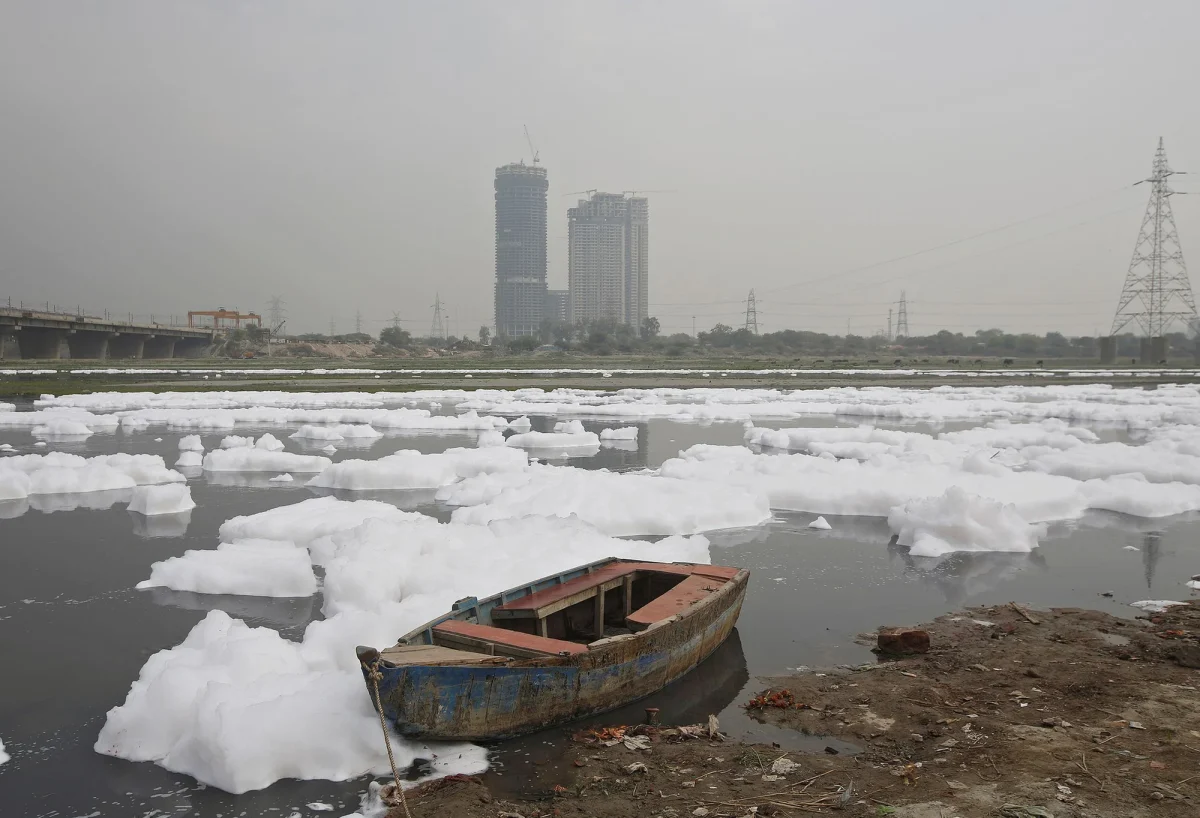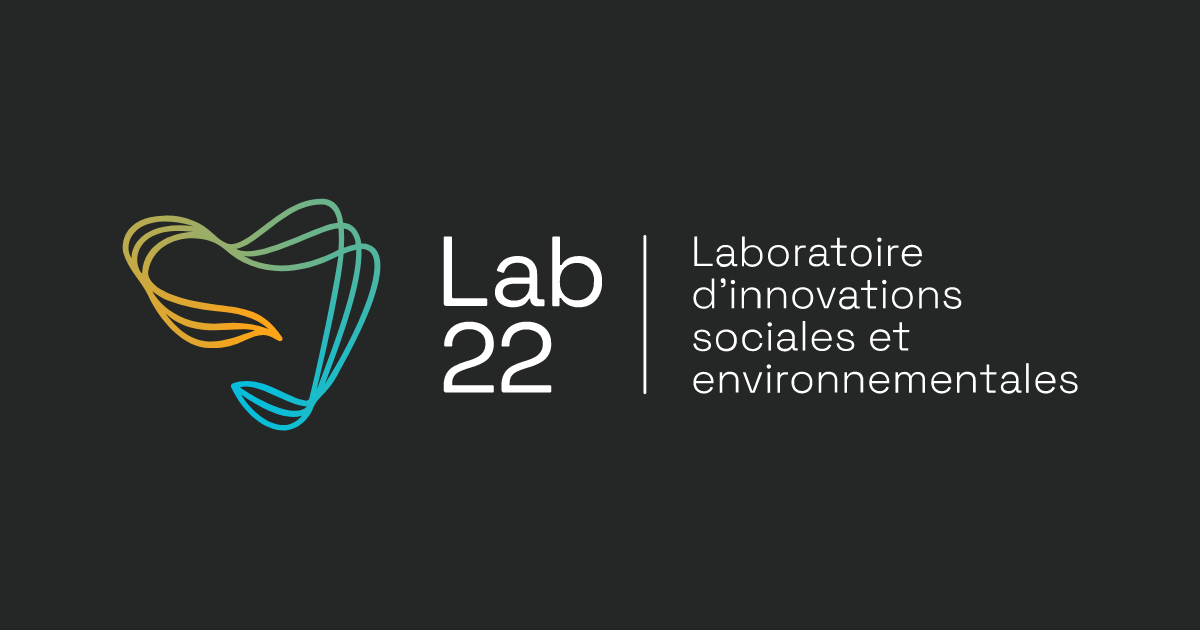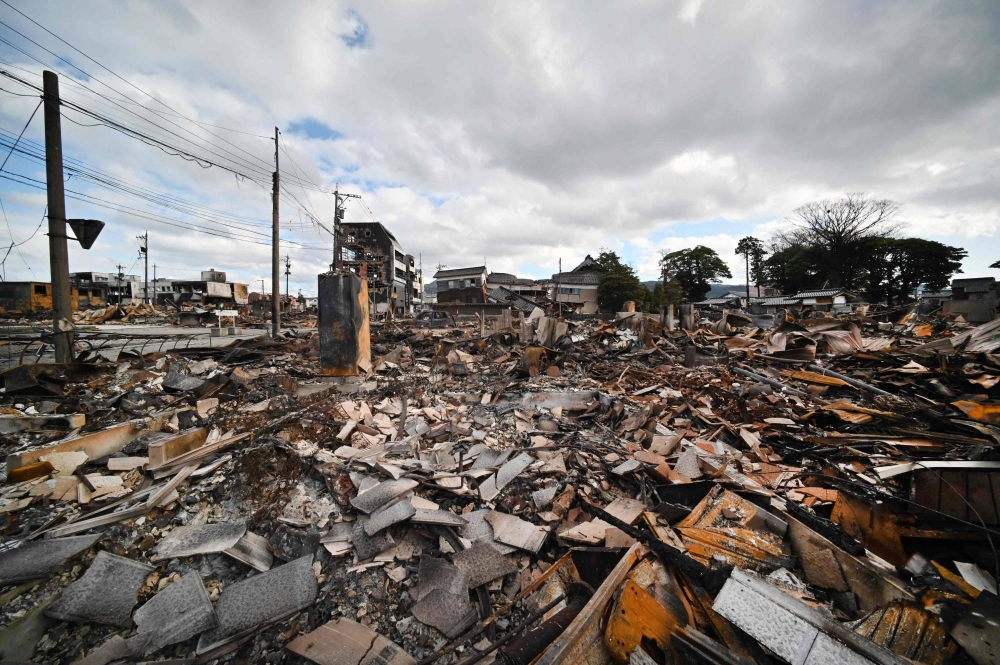You may sometimes be overwhelmed by all kinds of information on social media but most of the time the info is not true. From time to time it could be difficult to differentiate between truth and falsehoods.
Today we rely more and more on the Internet to find information but not all of it is actually good information. For the youngest, it could be hard to know what is right or wrong. With the new technologies, accounts share fake news and even profit from young and influenceable people.”Who profits, and gets power from those lies?” you may ask, social media can benefit by monetizing content that provides fake news or with the algorithm. There are scammers and fake accounts spreading lies and profits out of it. The issue with social media is that they don’t really supervise their policies that can impact everybody’s life by making money on lies.
Currently, there are a lot of issues with misconception and one of them is “I’m not impacted”. They think that climate changes can’t impact them because “they don’t feel it”. In fact, all around the wold there’s impact. For example, winter in Canada, the weeks of heat during the summer, agriculture, and more.
The main platforms where people get their information are mostly Twitter ( X), Facebook, TikTok, and Reddit. “Misleading advertising in mainstream media; and language used to sow doubt about the urgency of climate change.”
People online sometimes don’t check their information and sources. Here are some examples of how to check if your information is misleading you. First, you should always double-check by reading other site’s facts. Second, learn about who wrote it, and check if they have credentials. Third, you should always check the validity of the site. And last, if the site or the social media account looks fake or odd.







